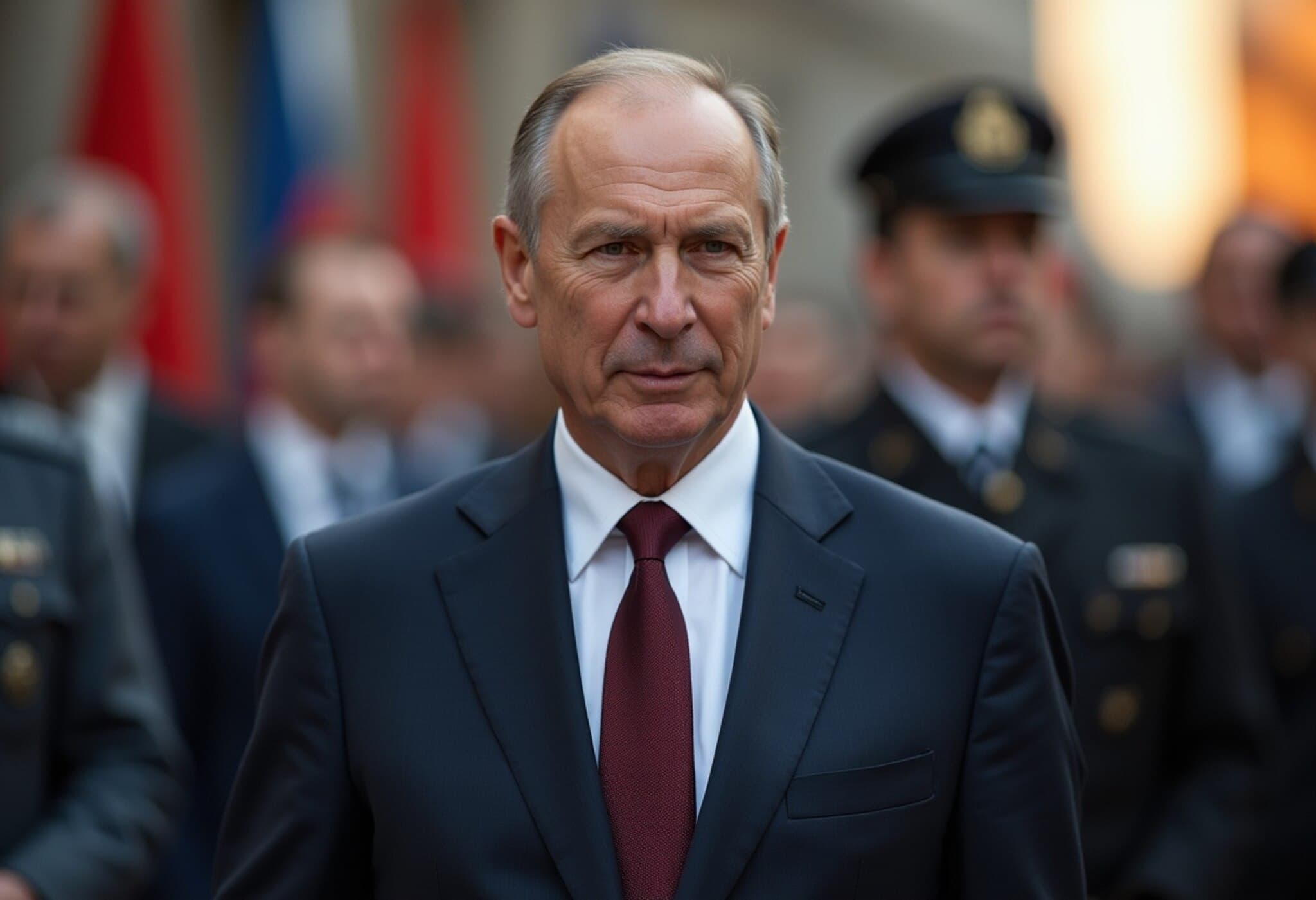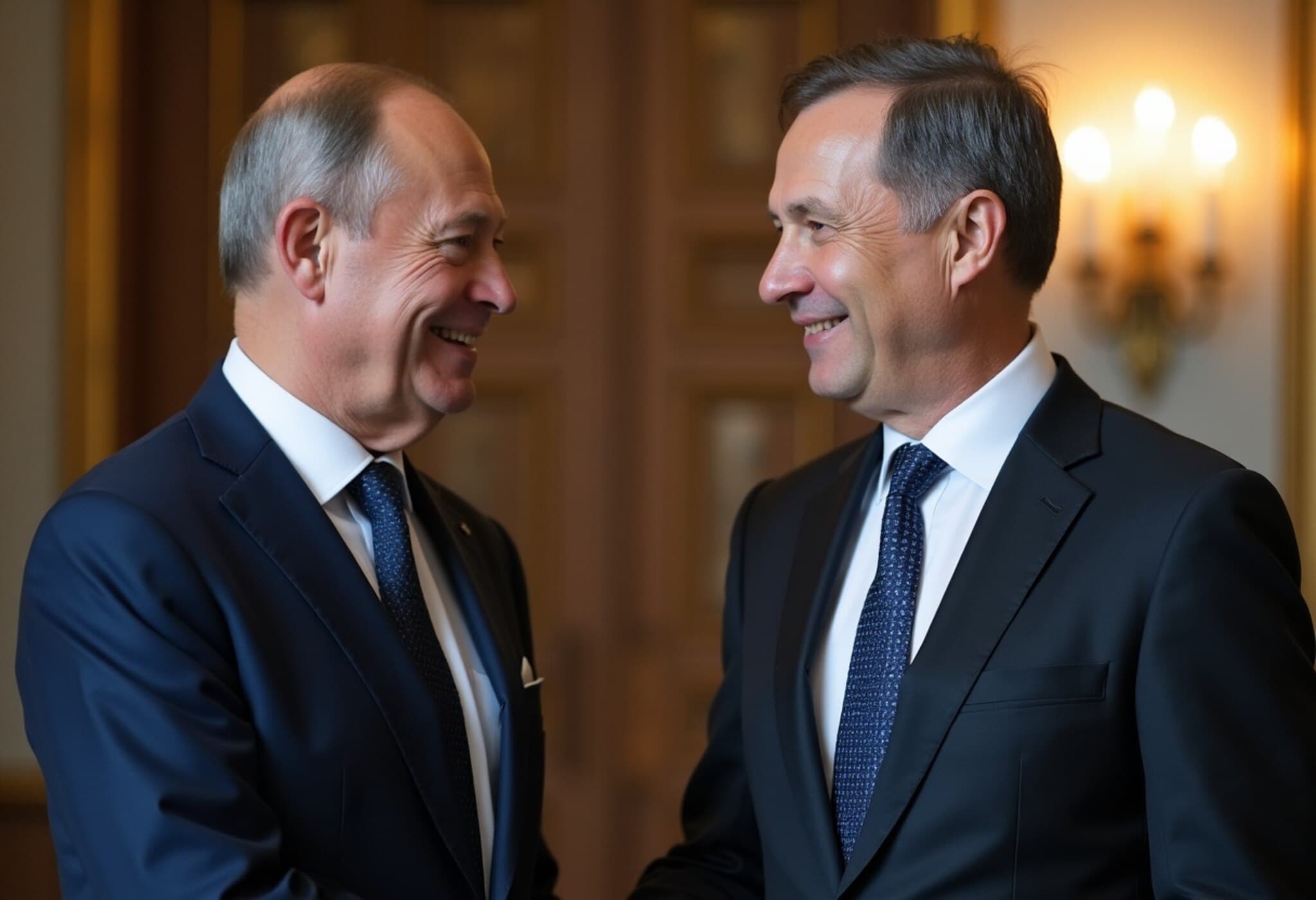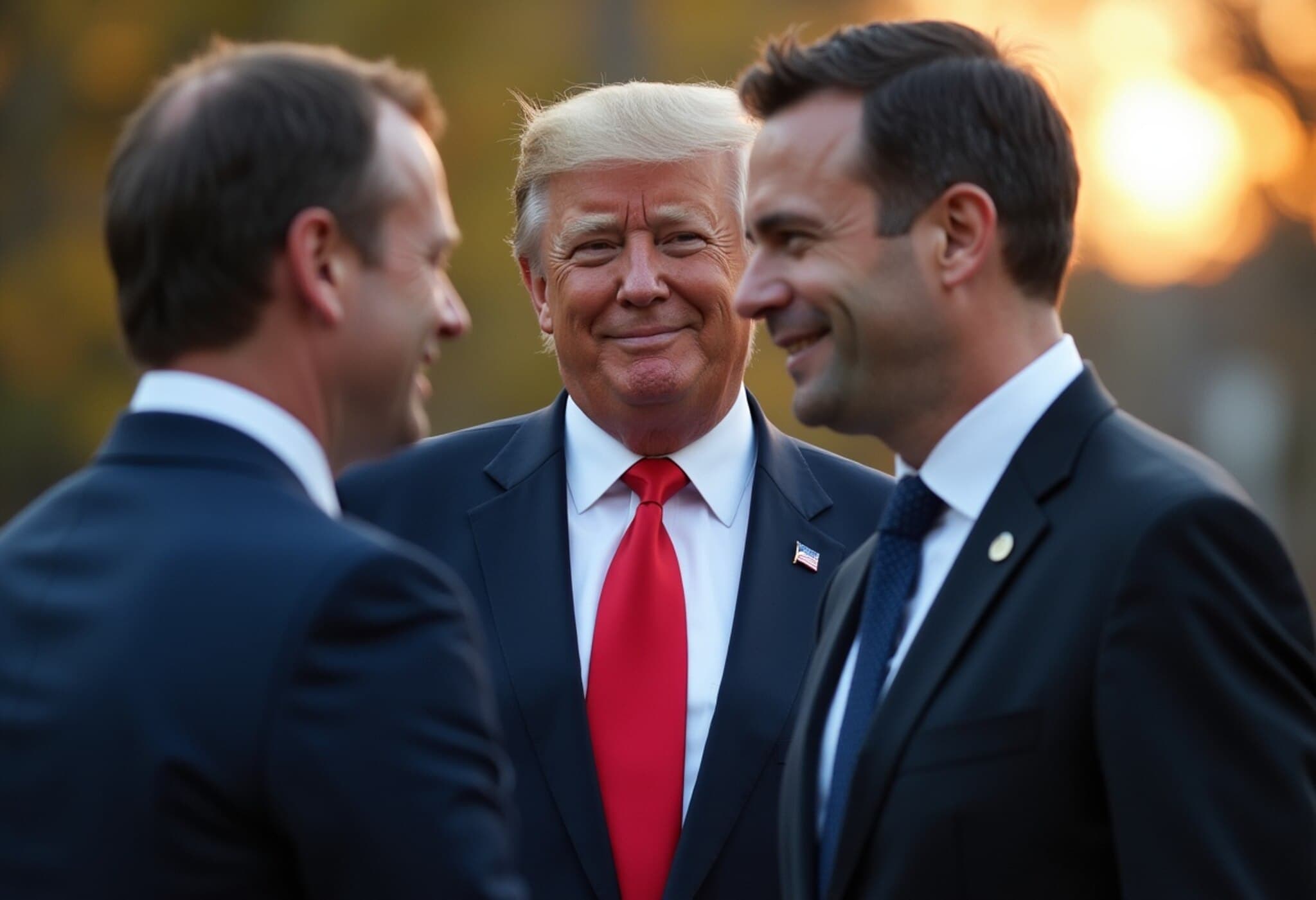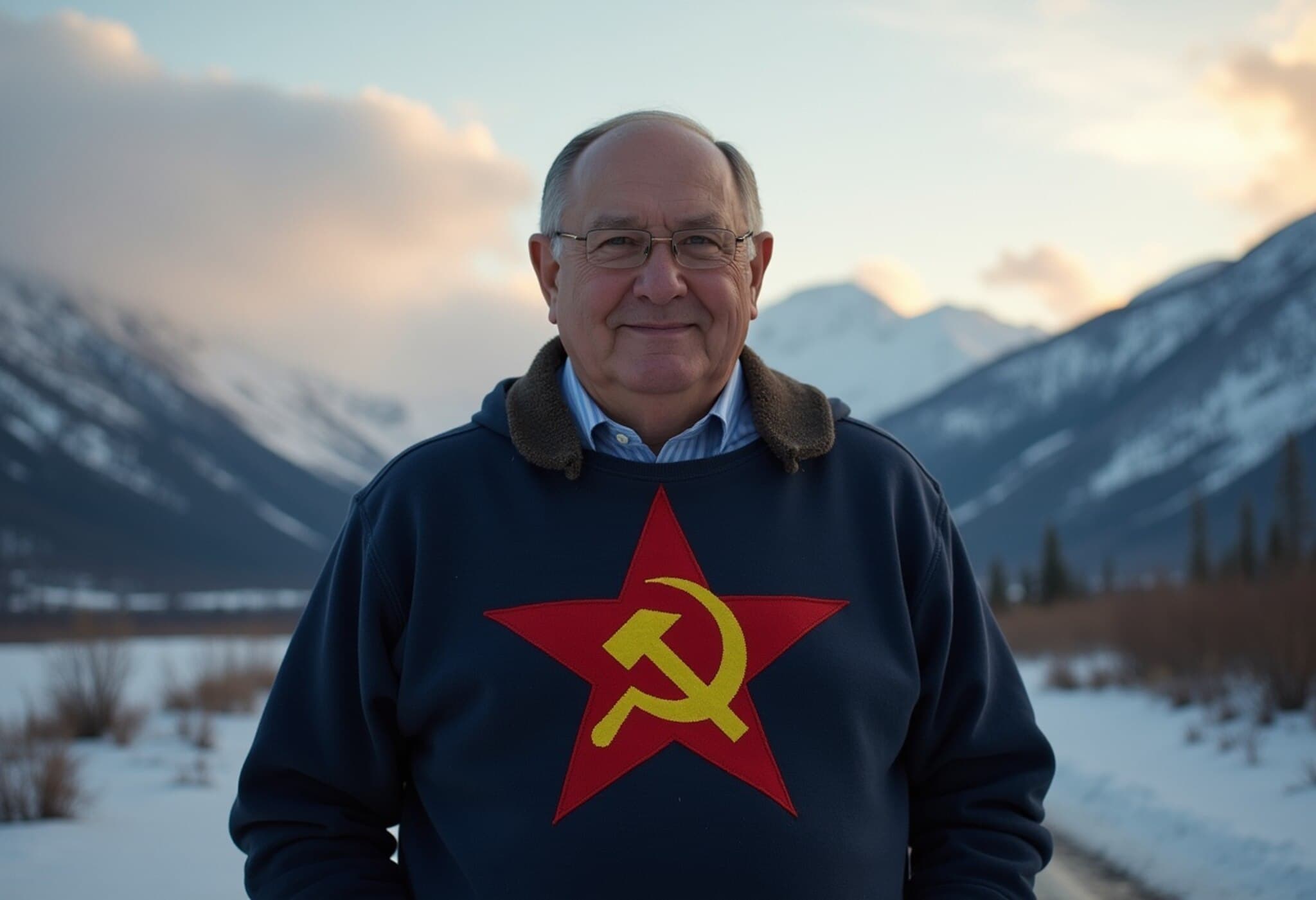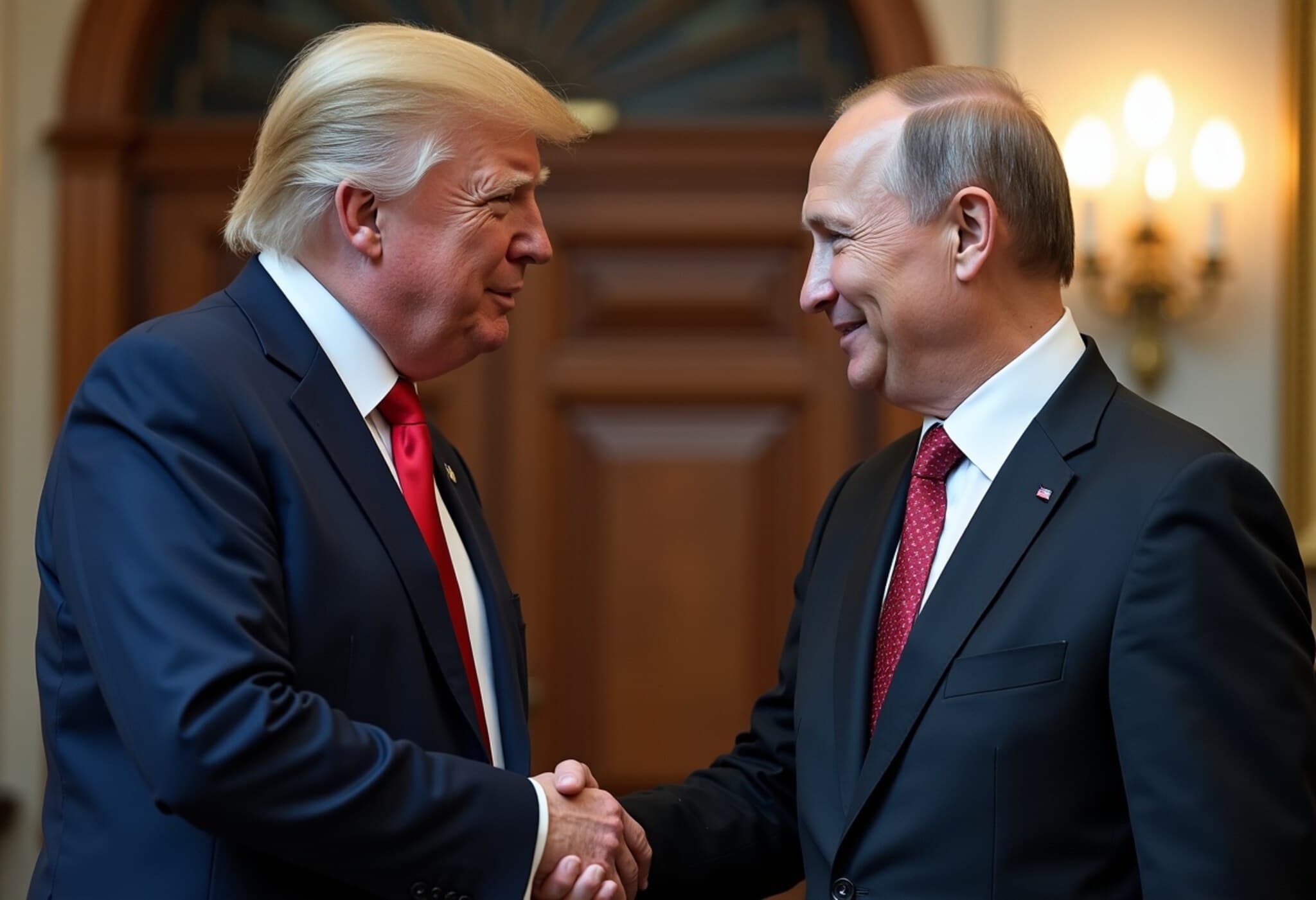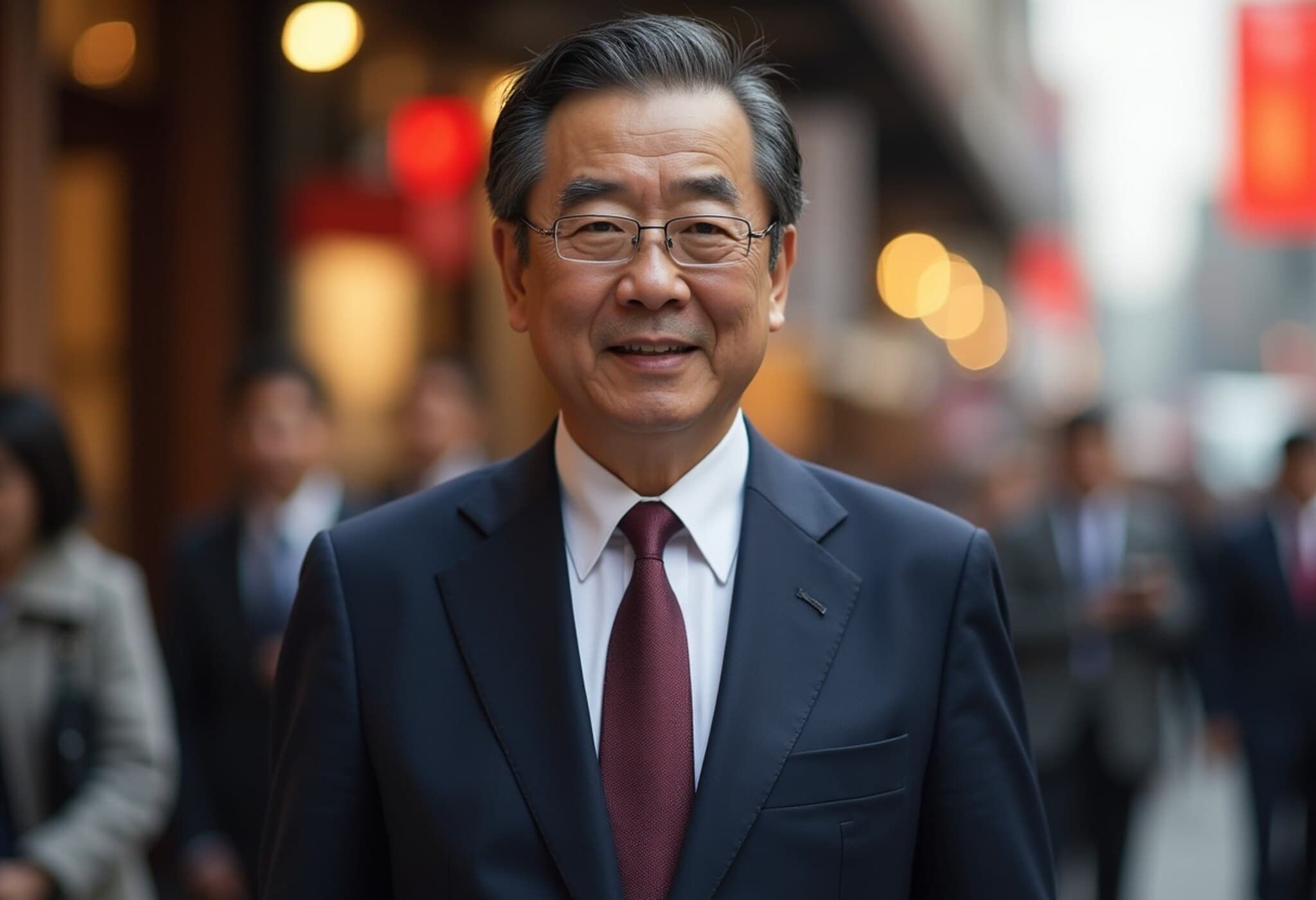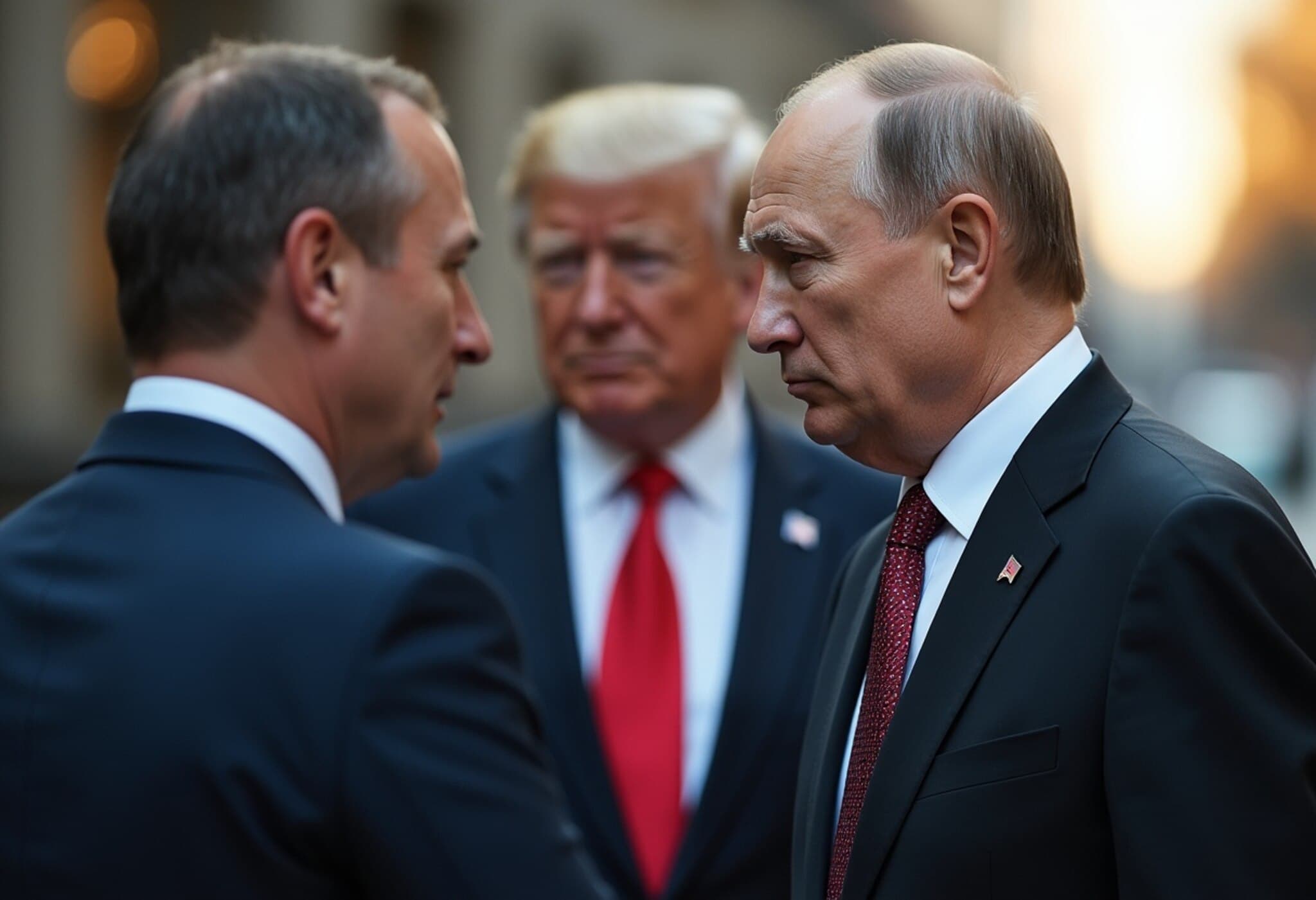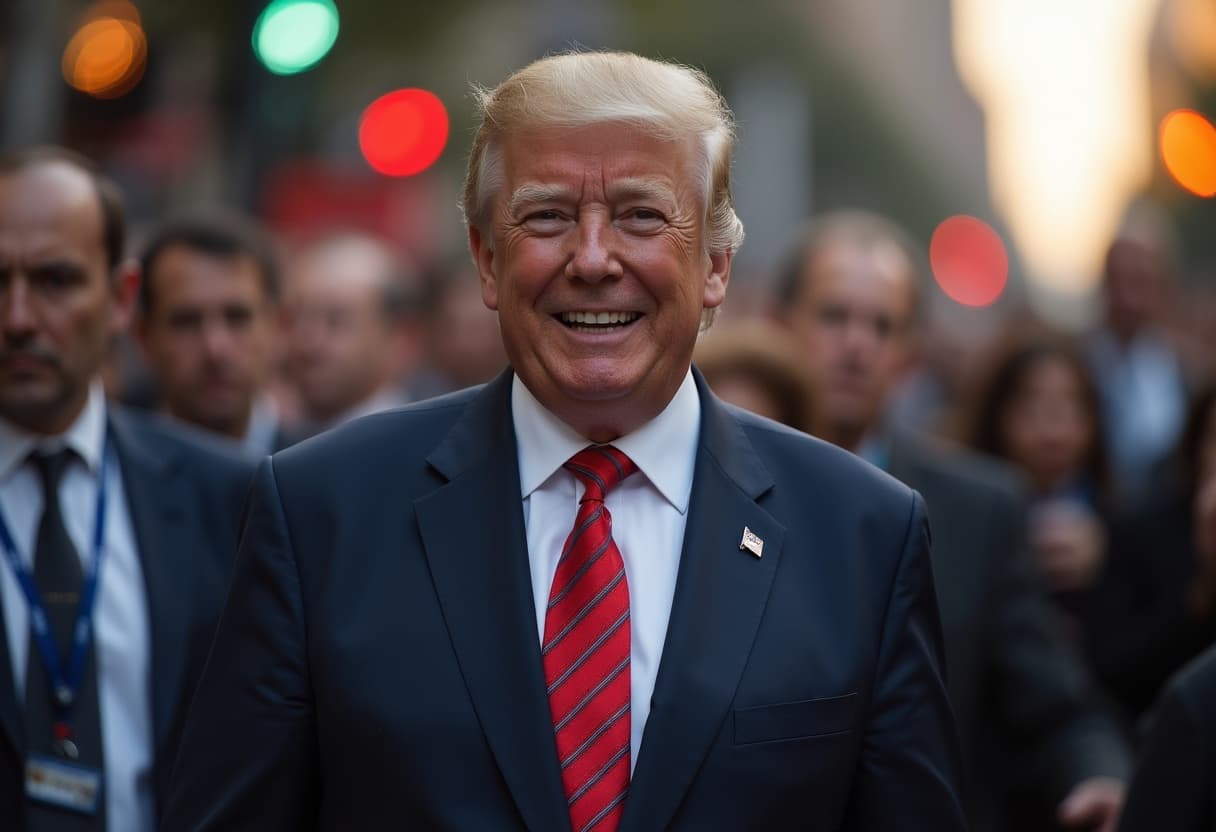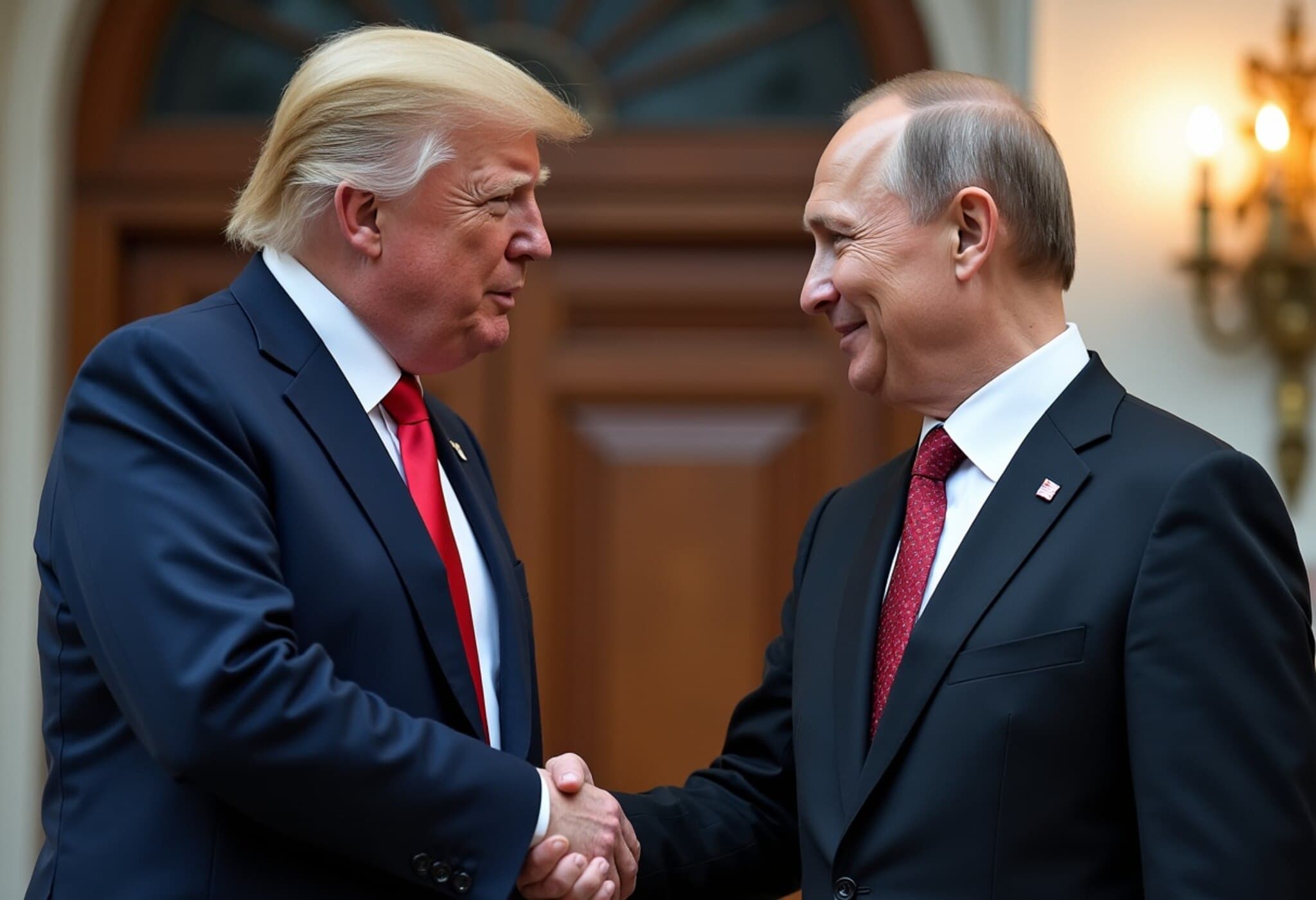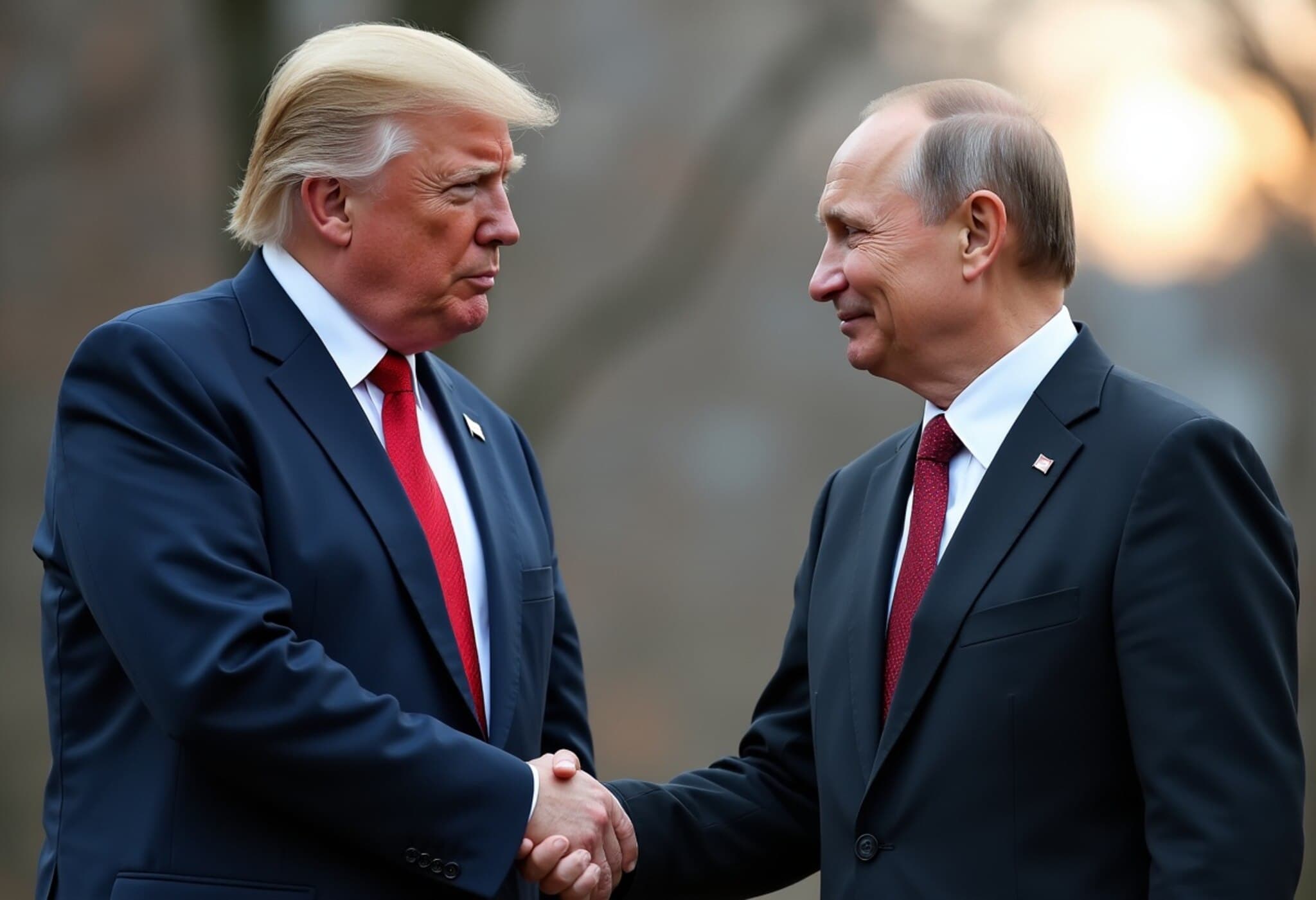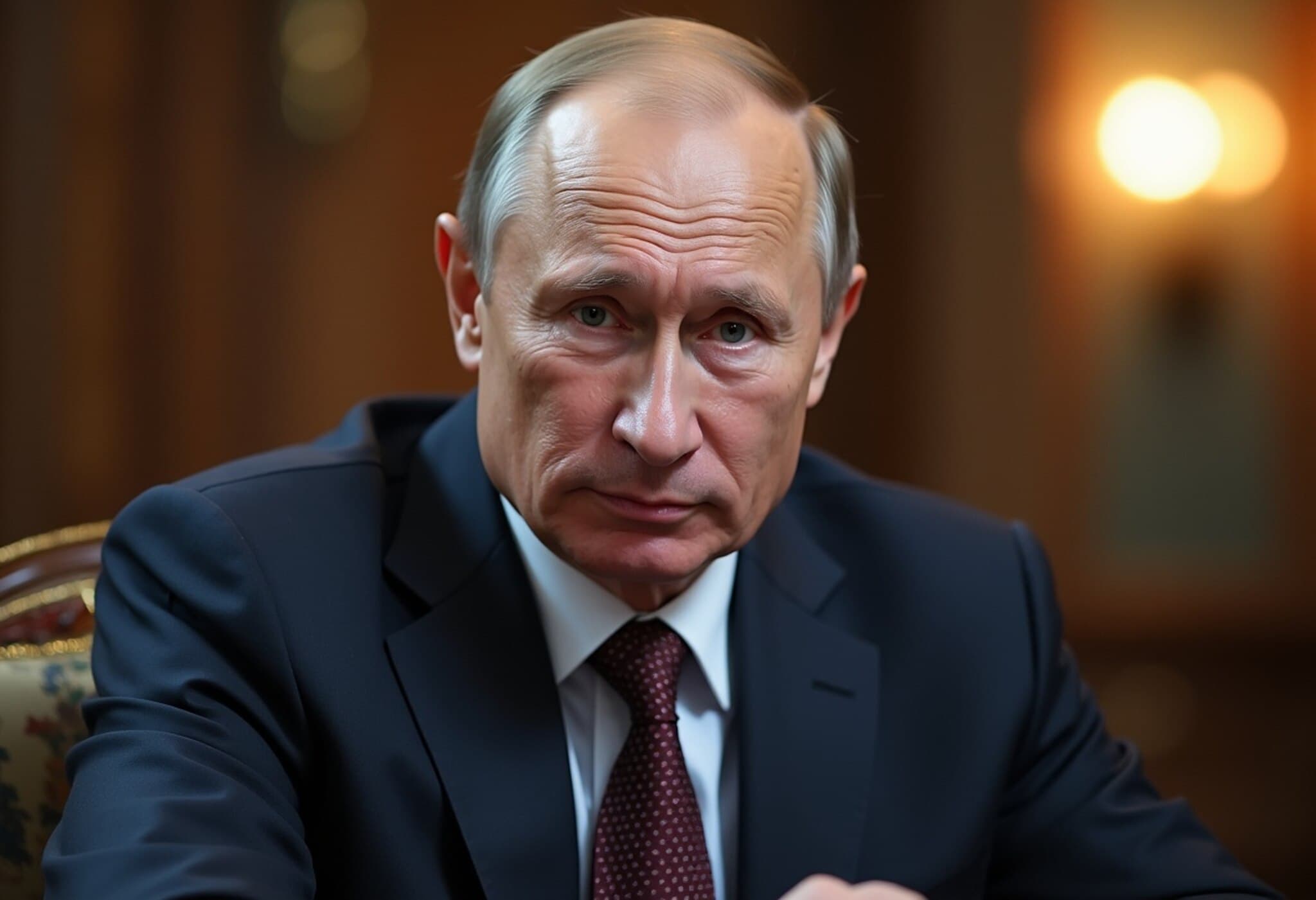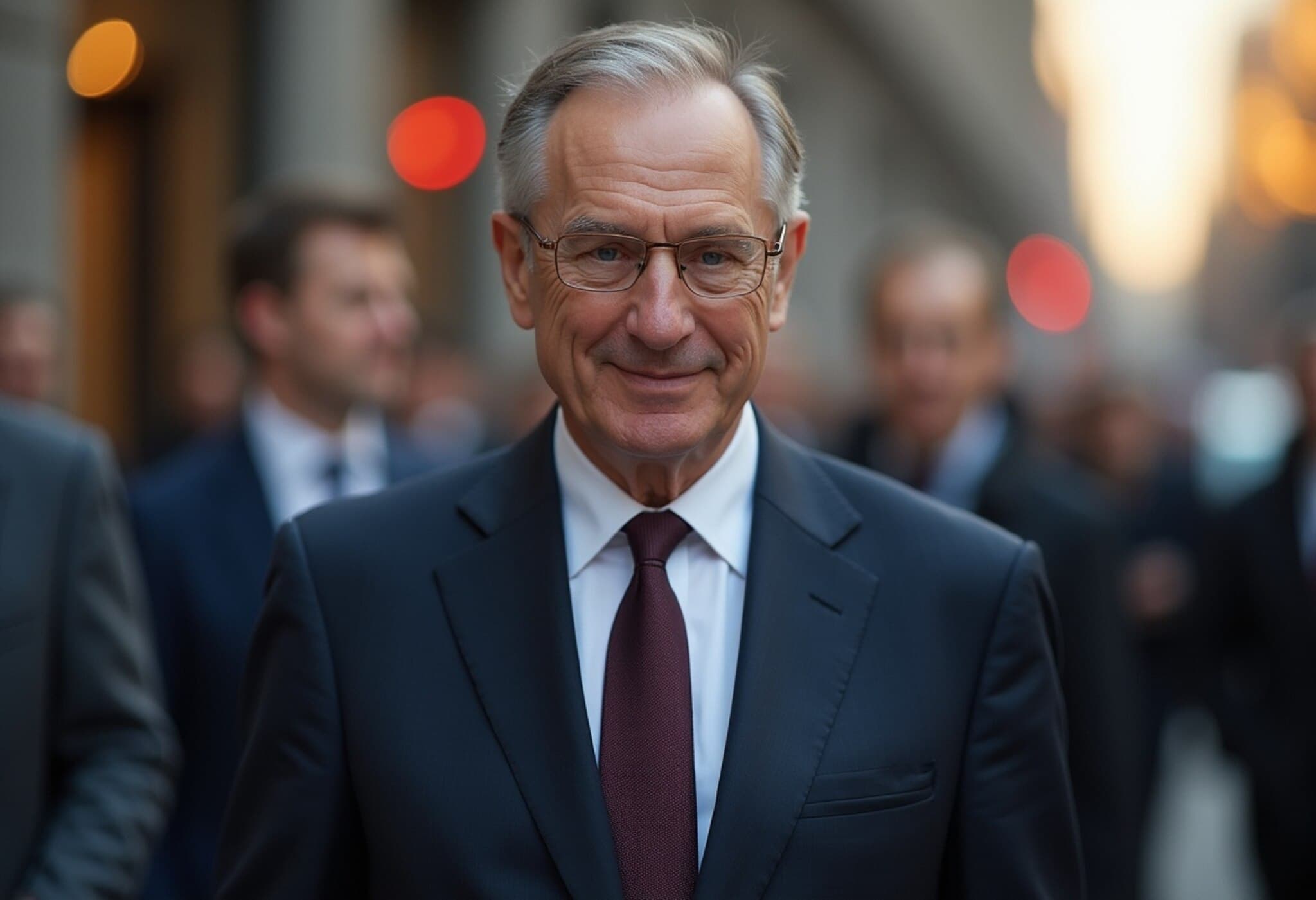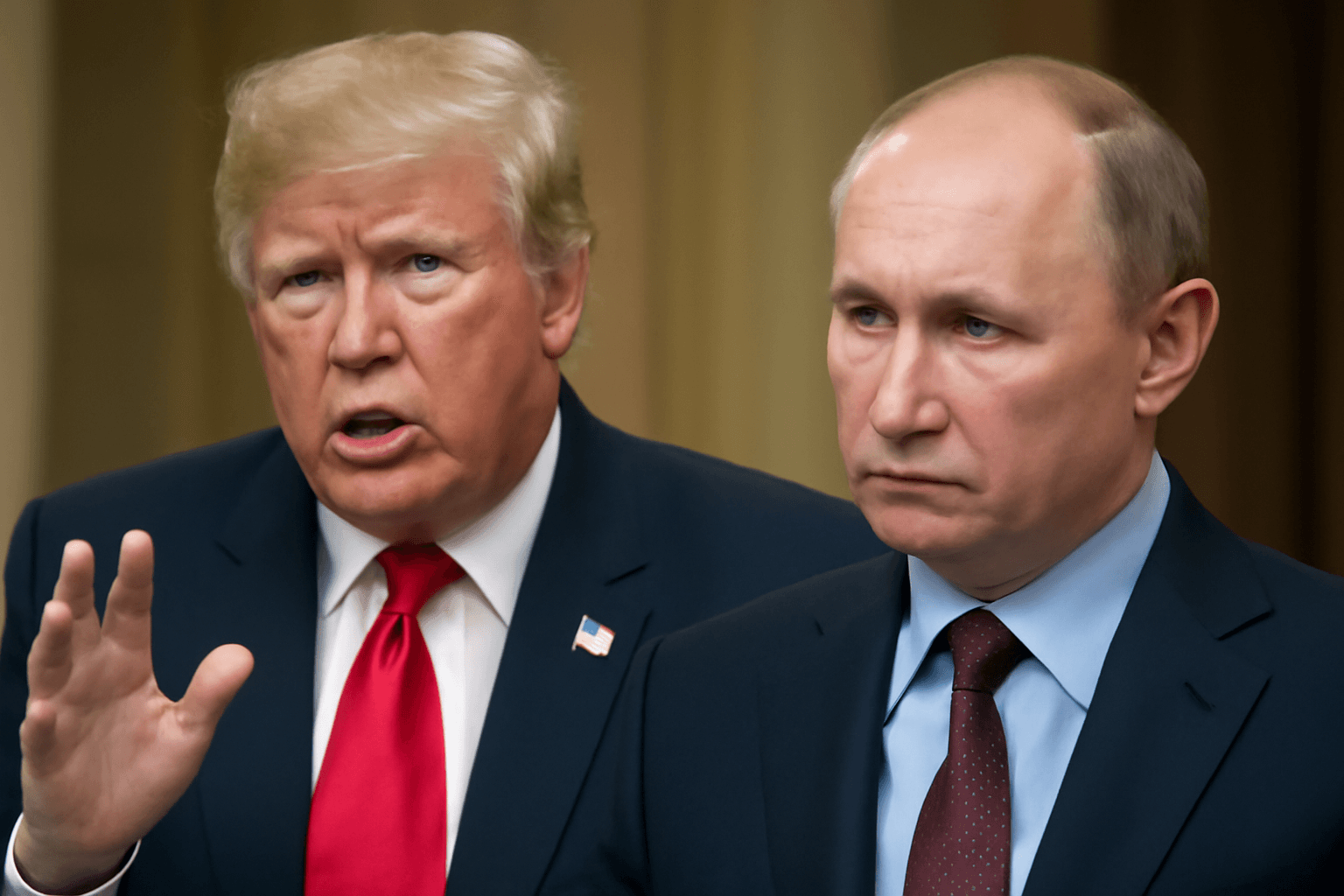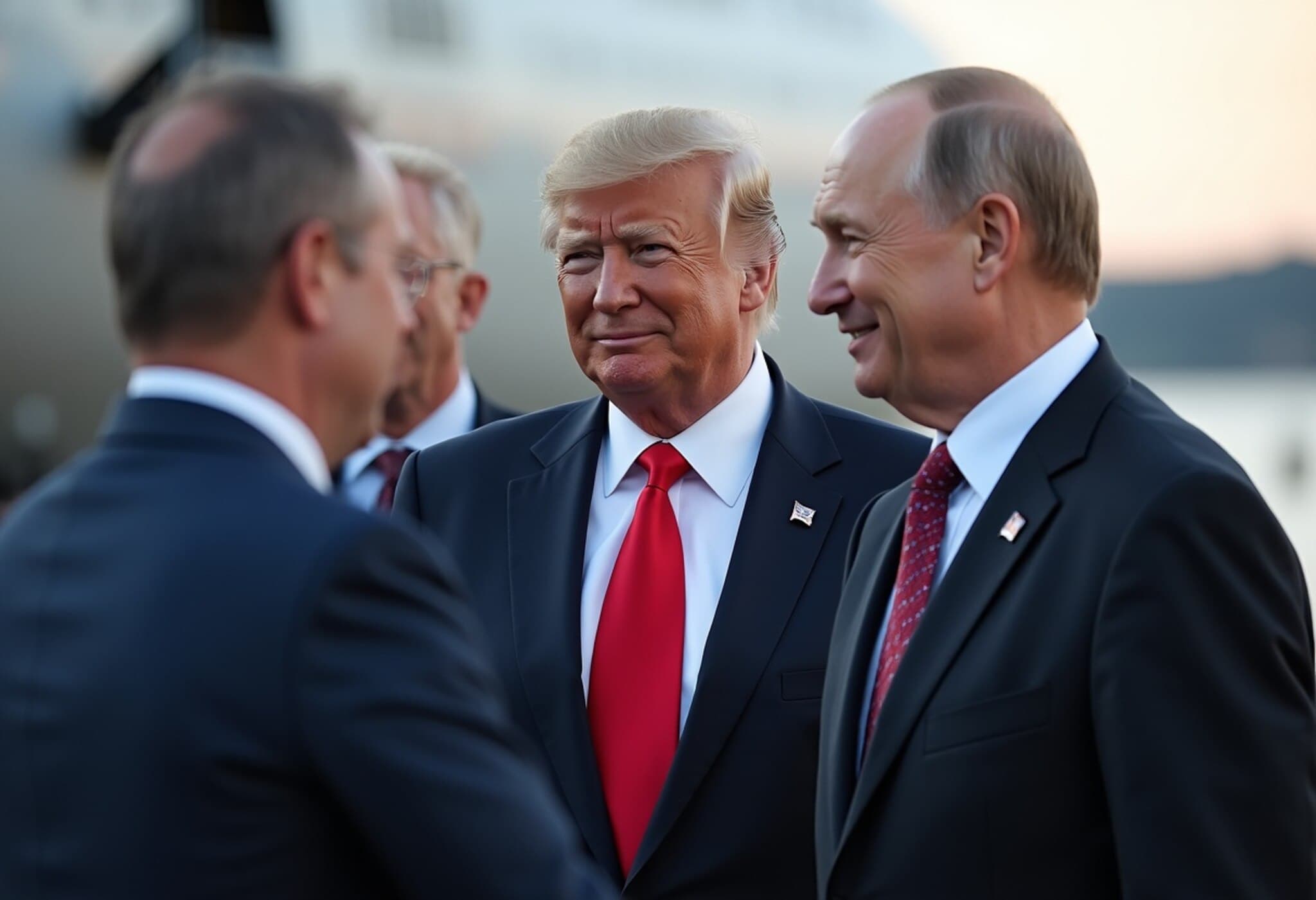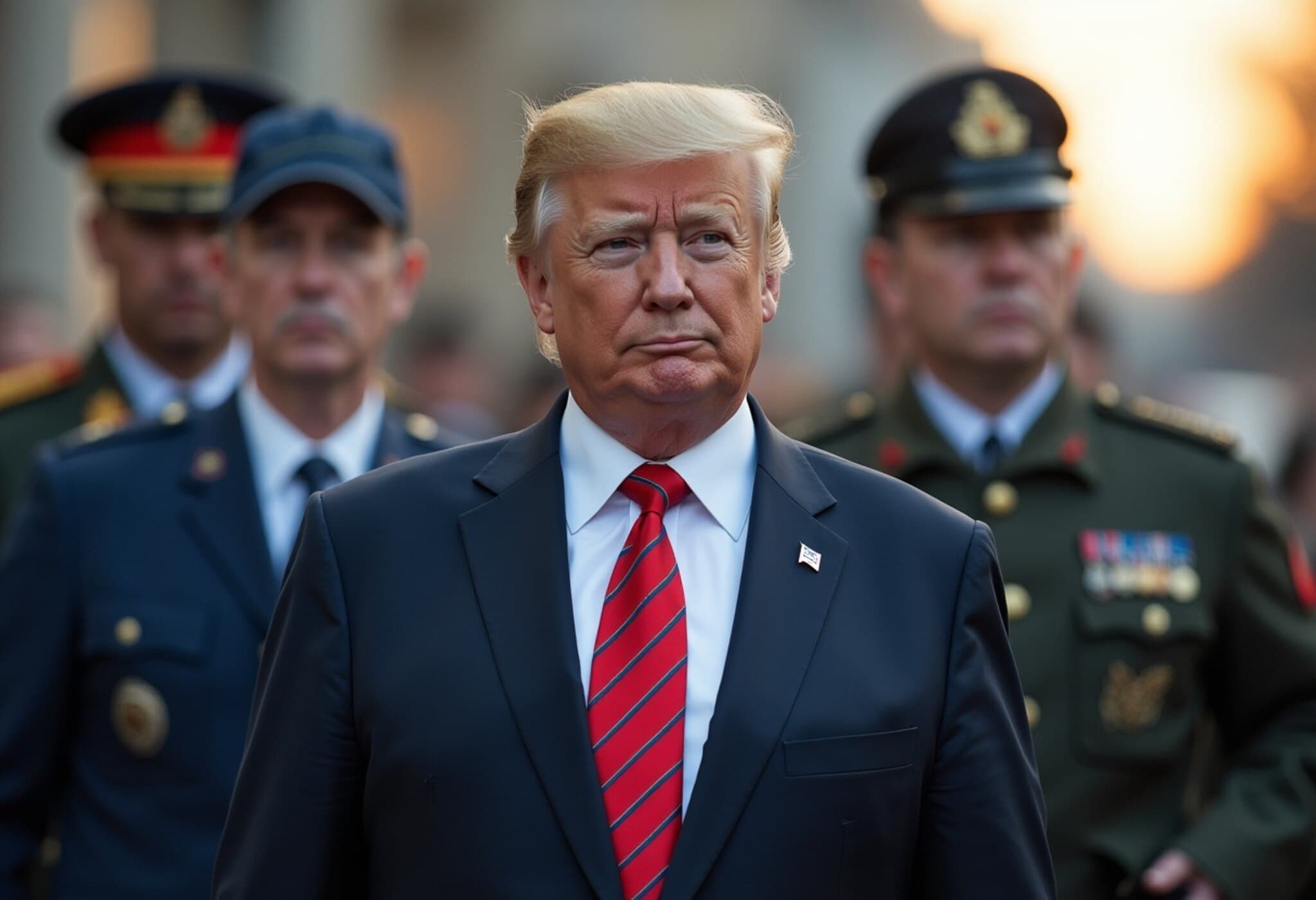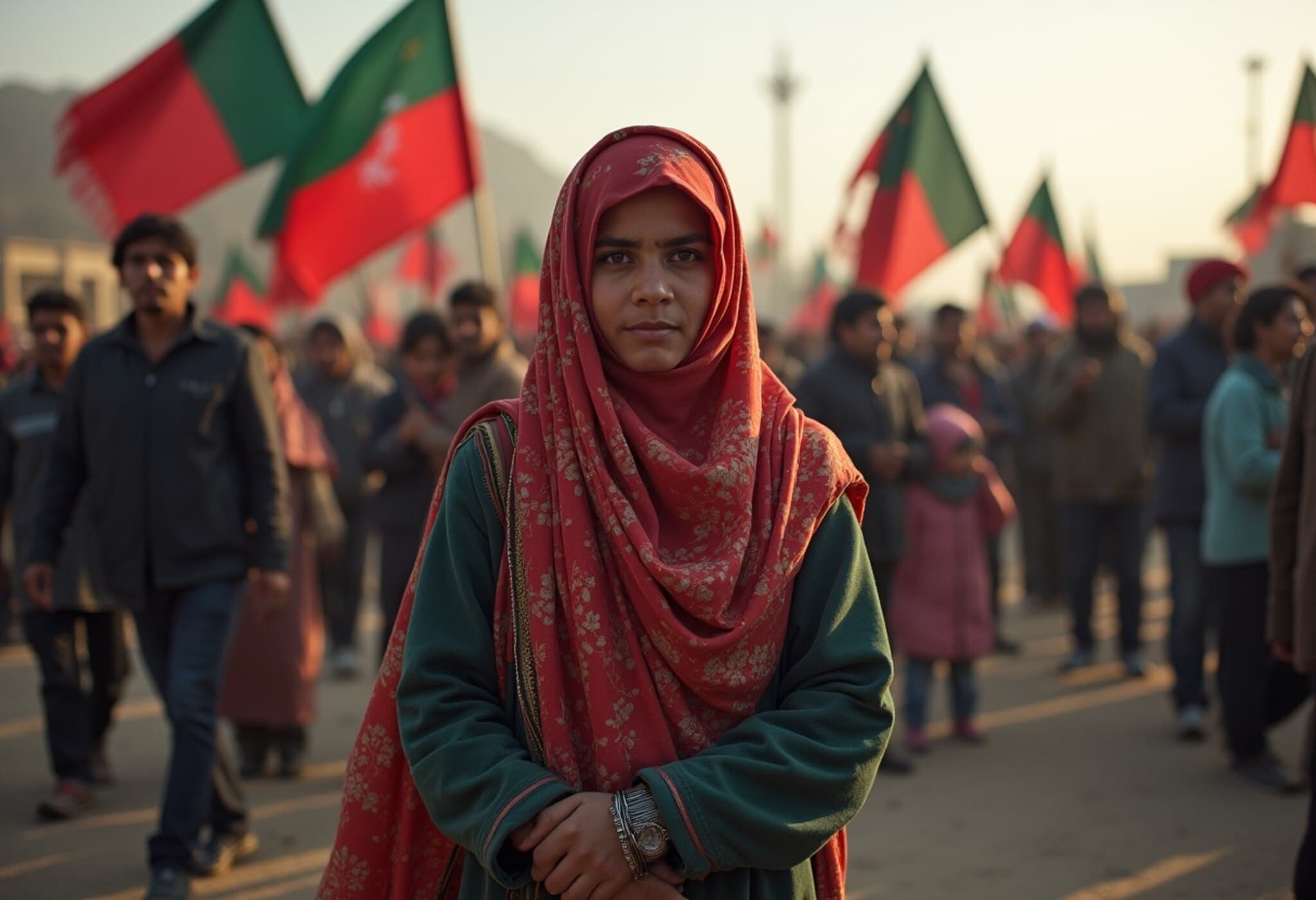The Complex Journey of Dmitry Medvedev
Once hailed in the West as a beacon of hope for Russia's potential democratization, Dmitry Medvedev's trajectory reveals a striking transformation—from a reformist president to a fervent and aggressive defender of Vladimir Putin’s hardline regime. His evolution encapsulates the broader erosion of democratic norms within Russia, reflecting a political landscape where dissent is stifled and loyalty is enforced.
A Promising Start: The Lawyer Who Rose to Power
Dmitry Medvedev’s ascent began humbly as a lawyer and an academic before entering politics in the early 1990s. His early career intertwined with Vladimir Putin’s during their time in St. Petersburg’s local government, forging a relationship that would profoundly influence Medvedev’s path. Unlike the seasoned former KGB operative Putin, Medvedev represented a new generation of technocrats with Western-influenced aspirations.
After transitioning to Moscow, Medvedev gradually rose through the Kremlin ranks—serving as Putin’s personal lawyer, deputy chief of staff, and later chairman of the giant energy firm Gazprom. These roles positioned him at the nexus of power and patronage within Russia.
The Presidency: Hopes of Reform Dashed
In 2008, Medvedev was elected President of Russia during a period when many in the West viewed him as a potential agent of change. His early presidency was marked by gestures toward anti-corruption, technological innovation, and some encouragement for civil society. Medvedev even shared the international stage with leaders like Barack Obama, underlining the importance of U.S.-Russia cooperation, particularly around nuclear arms control.
“The solution of many world problems depends on the joint will of the United States and Russia,” Medvedev once stated, showcasing a willingness to engage constructively with the West—a sharp contrast to his current posture.
Putin’s Shadow and Political Marginalization
Nevertheless, Medvedev’s presidency existed largely under Putin’s long shadow. Due to constitutional limits, Putin swapped roles with Medvedev in 2012, reclaiming the presidency while Medvedev resumed the prime ministership—a clear demonstration that ultimate authority rested firmly with Putin.
Following his prime ministership, Medvedev’s political influence dwindled. In 2020, Putin reassigned him to the largely ceremonial role of Deputy Chairperson of the Security Council, comparable to the position of National Security Advisor in the U.S. but notably stripped of real power. For most Western politicians, such a demotion might have signaled political exile or retirement; for Medvedev, it marked a disturbing shift from reformer to mouthpiece.
From Statesman to Kremlin’s Belligerent Hawk
Today, Medvedev has transformed into an outspoken, sometimes vitriolic proponent of the Kremlin’s aggressive policies. His recent public feuds, including harsh exchanges with former U.S. President Donald Trump, illustrate his new role as a Kremlin hardliner fomenting anti-Western sentiment.
Experts like Kseniya Kirillova, a Russia analyst at the Washington DC-based Jamestown Foundation, interpret this metamorphosis as a strategic Kremlin move. According to Kirillova, Putin likely perceived Medvedev’s early reformist potential as a threat and sought to "break" him politically by recasting him as an aggressive enforcer of Kremlin narratives, thereby neutralizing any democratic challenge within the elite.
“This humiliating, almost buffoonish role that Medvedev now plays is most likely the result of fear of Putin,” says Kirillova. “Medvedev is used to test public opinion both within Russia and abroad, rather than as a serious policymaker.”
Broader Lessons: The Fragility of Reform in Authoritarian Russia
Medvedev’s journey underscores a sobering reality about Russia’s political system: even those initially positioned as potential reformers must submit to Putin’s iron grip or face relegation. His fall from a relatively moderate figure to a belligerent regime loyalist warns of the difficulties facing any attempt at liberalization inside Russia.
This trajectory also hints at the Kremlin’s broader strategy of projecting strength through aggressive rhetoric, including nuclear threats and xenophobic commentary—in part funneled through figures like Medvedev to deflect from Putin’s direct involvement.
What Lies Ahead?
- For Russia: Medvedev's fall may presage further tightening of authoritarian controls and continued suppression of dissenting voices.
- For the West: Understanding Medvedev’s role provides insight into Kremlin propaganda mechanisms and potential pressure points for diplomatic engagement.
- For observers: The story raises critical questions about the viability of reform within autocratic regimes and the human cost of political disempowerment.
Editor's Note
Dmitry Medvedev’s rise and subsequent descent highlight the stark challenges reform-minded politicians face within tightly controlled authoritarian states. His story invites reflection on how political loyalty is enforced and manipulated to sustain power. As global tensions with Russia persist, grasping these internal dynamics is essential for crafting nuanced policies and discourse. Readers are encouraged to consider how political ambition, personal relationships, and systemic repression intertwine to shape the fates of leaders—and nations.

